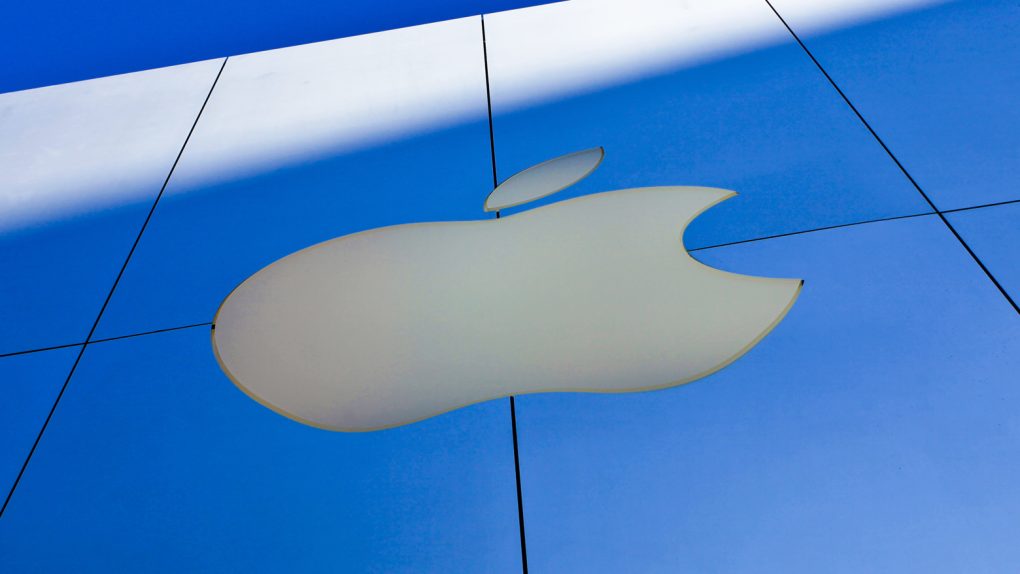Just days after the FTC declared that Qualcomm engaged in monopolistic practices by strong-arming Apple and other smartphone manufacturers into exclusive agreements, Apple announced it is now suing Qualcomm to the tune of $1 billion. In Apple’s lawsuit, the company alleges that Qualcomm has been jacking up the royalties fees on its patent licenses, and charging Tim Cook’s company hugely inflated fees. “Despite being just one of over a dozen companies who contributed to basic cellular standards, Qualcomm insists on charging Apple at least five times more in payments than all the other cellular patent licensors we have agreements with combined,” Apple said, according to CNBC.
Apple claims that Qualcomm also retaliated against it after Korean regulators began questioning Apple during an investigation of Qualcomm’s trade practices late last year. Apple says that, by answering the questions of law enforcement in a truthful manner it angered Qualcomm, which proceeded to withhold “nearly $1 billion in payments” that Apple was due.
Here’s Apple’s full statement:
“For many years Qualcomm has unfairly insisted on charging royalties for technologies they have nothing to do with. The more Apple innovates with unique features such as TouchID, advanced displays, and cameras, to name just a few, the more money Qualcomm collects for no reason and the more expensive it becomes for Apple to fund these innovations. Qualcomm built its business on older, legacy, standards but reinforces its dominance through exclusionary tactics and excessive royalties. Despite being just one of over a dozen companies who contributed to basic cellular standards, Qualcomm insists on charging Apple at least five times more in payments than all the other cellular patent licensors we have agreements with combined.
To protect this business scheme Qualcomm has taken increasingly radical steps, most recently withholding nearly $1B in payments from Apple as retaliation for responding truthfully to law enforcement agencies investigating them.
Apple believes deeply in innovation and we have always been willing to pay fair and reasonable rates for patents we use. We are extremely disappointed in the way Qualcomm is conducting its business with us and unfortunately after years of disagreement over what constitutes a fair and reasonable royalty we have no choice left but to turn to the courts.”
Qualcomm’s share price has sharply dropped roughly two and a half percent since Apple’s statement was released, and that’s on top of already taking a beating earlier in the week due to the FTC antitrust case. The company has not yet released an official statement.








